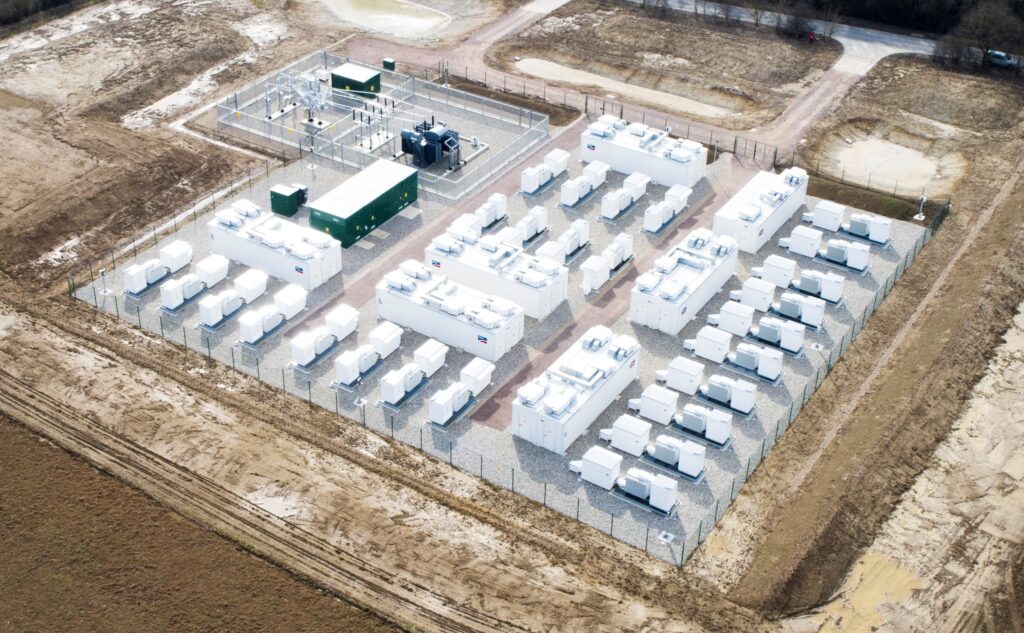
BESS owner-operators Gresham House and Statera Energy have signalled their support for zonal pricing, a move being considered by the government as part of its REMA reforms.
Speaking to The Times, Gresham House Energy Storage Fund manager Ben Guest and Statera Energy CEO Tom Vernon said that zonal pricing would support energy storage resources’ ability to balance generation in the grid.
The government’s Review of Electricity Market Arrangements (REMA) is choosing between a move to zonal pricing or a reformed national price, the latter of which would be closer to the status quo.
Vernon also said that a move to zonal pricing would make the power system more transparent and lower costs in the long run.
“Developing and dispatching batteries in the right locations is critical for cost-effectively balancing the
grid. At Statera, we support zonal pricing because it will make the power system more transparent, and provide a clear price signal for the efficient operation and location of demand and generation,” Vernon said.
Other than the balancing mechanism (BM), the location of battery energy storage system (BESS) projects does not generally affect revenues, with energy and ancillary service markets priced nationally.
So BESS next to a wind farm in Scotland might be incentivised to discharge because the national price
is high, even if the local wind generation is too high for the local transmission network. In which case, the National Energy System Operator (NESO) has to pay the wind farms to turn off. A local price would mean a greater likelihood the BESS is incentivised to charge from the grid.
The pro-zonal viewpoint from Gresham House and Statera is in contrast to other major BESS owner-operators in the UK, including Harmony Energy and Zenobe. Zenobe director James Basden and other industry sources shared their views on what has become a ‘vicious policy fight’ for a feature article on the topic in Solar Power Portal earlier this month.
Opponents of zonal pricing argue the uncertainty and complexity that a zonal pricing reform would introduce, as well as the time taken to implement it fully, would damage investment certainty and hurt the UK’s ability to deploy enough renewables and storage to meet net zero ambitions.

